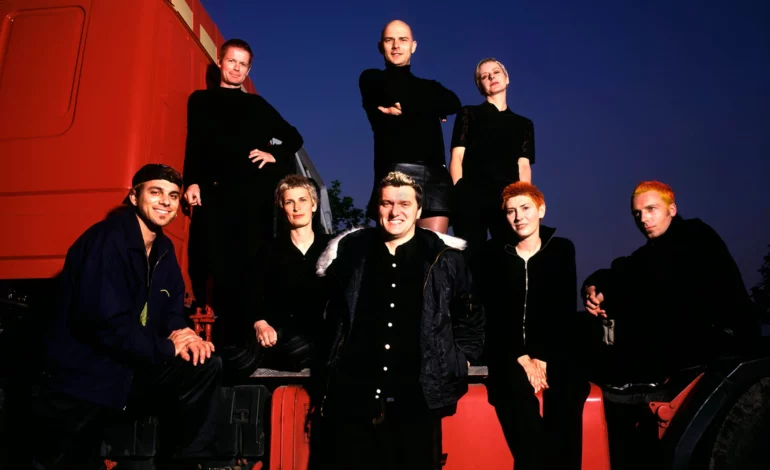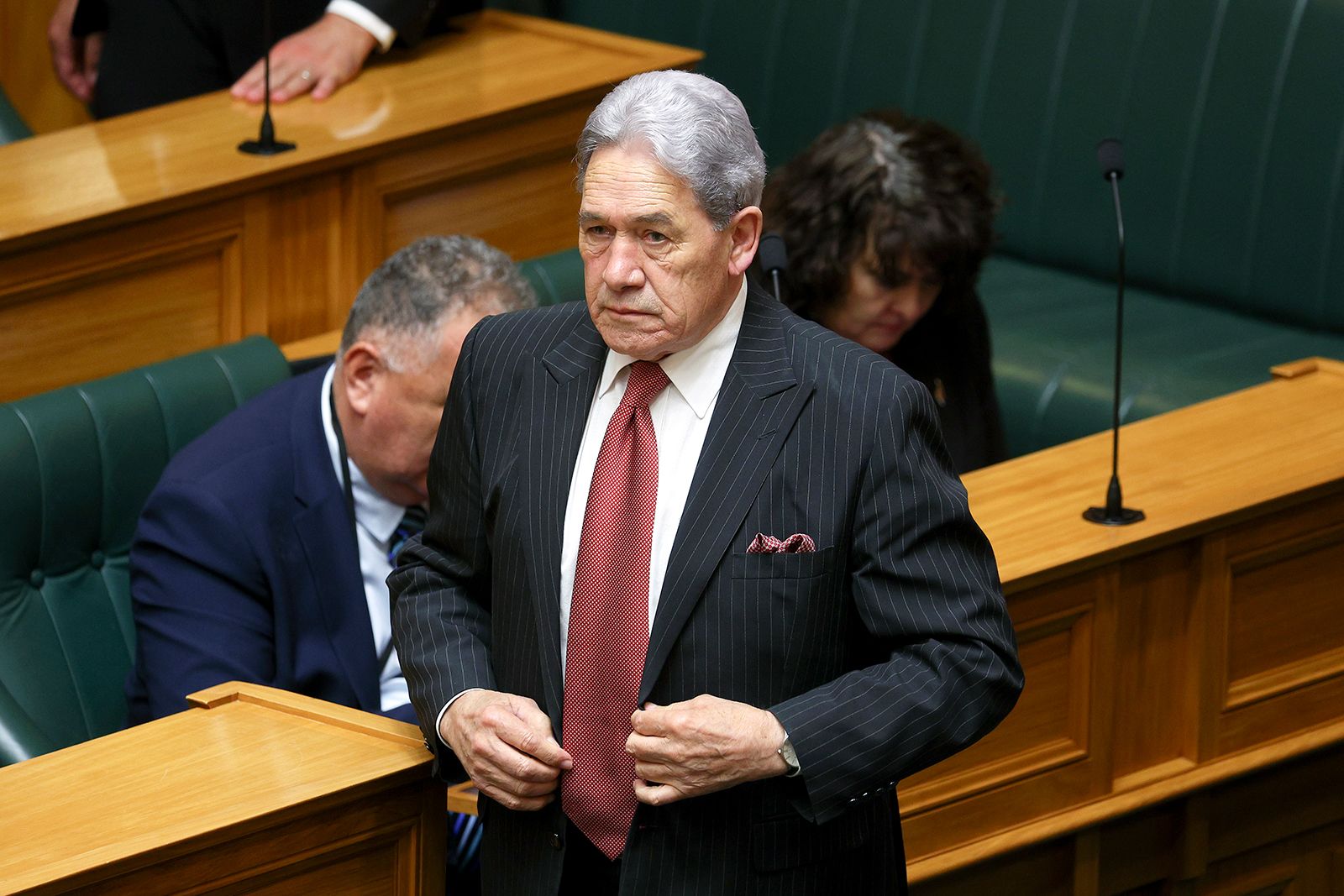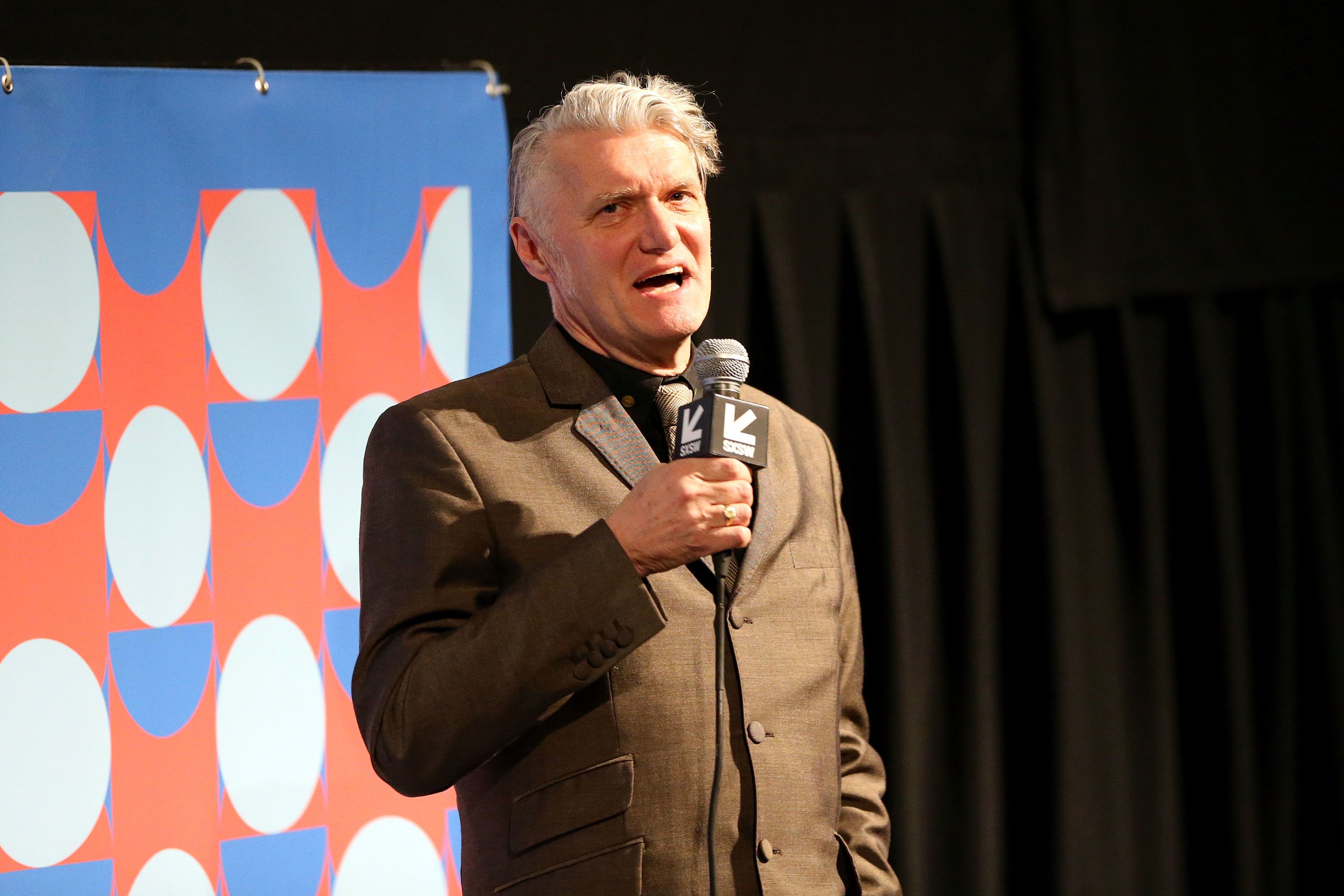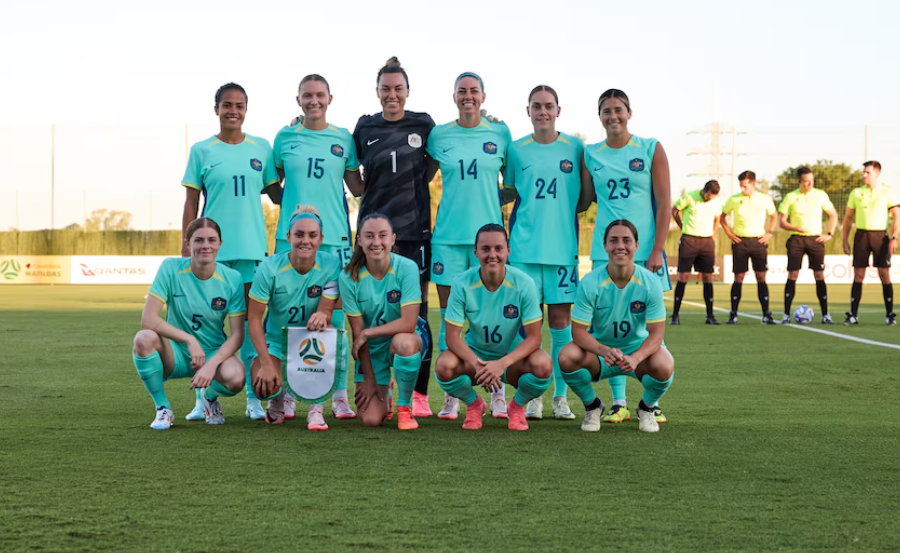Chumbawamba wants politician to stop playing ’90s hit at rallies

When New Zealand’s populist Deputy Prime Minister Winston Peters strode out to address a political convention in the city of Palmerston North in March, the sound of British punk band Chumbawamba’s iconic song “Tubthumping (I Get Knocked Down)” blared over the speakers.
And while this wasn’t the first time Peters had used or referenced the ‘90s hit, his choice of song has now attracted the vocal displeasure of the band itself.
During his State of the Nation speech, Peters, the leader of the nationalist New Zealand First party, criticized the former Labour government’s policy of co-governance (joint decision-making with the Māori people), and pointed to the emergence of an unspecified “race-based theory” that he compared to a philosophy “seen… in Nazi Germany.” Peters then went on to call for educational reforms, including the removal of “gender, sexuality and relationship-based education guidelines” from schools.
The controversial remarks were met with backlash from other members of New Zealand’s coalition government, which largely comprises the mainstream National and ACT parties. But those headlines were soon eclipsed by Chumbawamba publicly condemning Peters’ use of its song.
“Everything that Peters stands for is counter to Chumbawamba’s world view,” the band’s founding member and former vocalist, Dunstan Bruce, told CNN. “And with that song in particular, a song that was written as an anthem for the underdog, the dispossessed, the working class — it felt so wrong that Peters thought it suitable for himself.”

Deputy Prime Minister and New Zealand First leader Winston Peters pictured during the state opening of the country’s parliament in December. Hagen Hopkins/Getty Images
A self-prescribed “anarchist collective,” Chumbawamba found its voice in the era of ‘80s punk music, building a brand of activism through support and funding for progressive causes — especially after enjoying global commercial success with “Tubthumping” in 1997. The band also famously sold its song “Pass It Along” to automaker General Motors for $70,000 only to donate that money to activists who mounted an environmental campaign against the company.
Chumbawamba, which broke up in 2012, has asked its former record company, Sony Music Publishing, to issue a cease-and-desist letter to New Zealand First. The label did not respond to CNN’s request for comment on potential legal action.
Rights management organization APRA AMCOS NZ, which is responsible for licensing public music performances in New Zealand, told CNN that the owners of the convention hall where the song was played had obtained a license to play music at the venue. But there were conditions: For one, the license didn’t cover any use of music that could “reasonably be regarded as suggesting an approval, affiliation, or endorsement by an artist, songwriter, publisher or record label.”
“Anyone that knows this band and its views would quickly realize that such use in such context would never be approved,” added a spokesperson for APRA AMCOS. The convention hall’s owners did not respond to CNN’s request for comment.
“This is so difficult to control, and in looking into ways of stopping Peters we realized that these things are legally vague and take time to enforce,” said Bruce. “If people like Peters want to misuse our music… we should be in a position to respond appropriately.”
Legal considerations
If the matter were ever to land in court, Chumbawamba might need to demonstrate how Peters or New Zealand First had benefited — or how the band had suffered damage — from the alleged infringement, according to Peter Dungate Thrush, a partner and intellectual property rights specialist at New Zealand-based legal firm McCabes and Company.
“One of the issues is that it’s very hard to point to a lot of financial harm that’s being done (to Chumbawamba),” said Thrush, predicting that the money recovered from a legal battle would likely be very small. However, he added, the potential gains for the band may not just be financial: “It will … make the point that they take the copyright seriously, and other people shouldn’t use (the song).”
For Bruce, it’s simple: “We don’t want our name to be associated with people like Peters.”
It’s not the first time a political party in New Zealand has made headlines over its music choices. In a 2017 high court decision, US rapper Eminem was awarded 600,000 New Zealand dollars (then around $415,000) for copyright infringements by New Zealand’s National Party, which had used a track titled “Eminem Esque” in a political ad campaign a few years earlier. The court ruled that the song “substantially copied” the rapper’s Academy Award-winning 2002 hit “Lose Yourself.”
More recently, Eminem took aim at former US Republican presidential candidate Vivek Ramaswamy, reportedly issuing him with a cease-and-desist letter to stop him using “Lose Yourself” on the campaign trail last year. Former US president Donald Trump has meanwhile faced a host of complaints from famous musicians accusing him of using their songs without their consent, including The Rolling Stones, Rihanna, Pharrell Williams and Bruce Springsteen.
Chumbawamba is no stranger to politicians co-opting its music. The right-wing UK Independence Party (UKIP) drew the band’s ire in 2011 when then-leader Nigel Farage walked out to “Tubthumping” at a conference.

Dunstan Bruce speaks onstage at the premiere of “I Get Knocked Down,” a documentary he co-directed, during the 2022 South by Southwest conference. Hutton Supancic/Getty Images for SXSW
UKIP appeared to honor the band’s request to stop using the song. Peters, however, has doubled down, taking to X, the social media platform formerly known as Twitter, to say: “There is nothing to cease or desist.”
Peters went on to claim that the song “worked like a charm” at the convention. In response to CNN’s request for comment, New Zealand First Party President Julian Paul said the party had nothing further to add.
Message of resiliance
Whether music can significantly sway our perceptions of political campaigns or speeches is a matter of debate. According to Emmanuel Heisbourg, a former researcher at the University of Montreal who has studied the influence music in political ads has on people’s views of politicians, removing or changing a song may have “a very, very small impact” on how competent or compassionate candidates appeared, for instance. But it remains an under-researched field, Heisbourg told CNN.
As well as an energetic composition that might whip up fervor in a crowd, the lyrics of “tubthumping” (a British slang word for vociferous political protesting) have clearly struck a chord with those promoting messages of resilience. Peters has referenced the song’s iconic refrain — “I get knocked down, but I get back up again. You’re never gonna keep me down” — before.
Last summer, months before his aforementioned State of the Nation speech — in which he paraphrased Chumbawamba’s lyrics to strike a note of optimism over his government’s performance, evoking cheers and applause from a crowd of supporters and MPs — Peters directly namechecked the band. “As we rise, the dirt will start all over again,” he said during a party convention in July, according to a transcript published by New Zealand First. “In fact, as you know it’s already started. That’s a barometer. That’s a real poll, that’s a sign that our opponents are really worried. Expect it and ignore it. Just repeat to yourself the words of Chumbawamba: ‘I get knocked down but I get up again. You’re never gonna keep me down’.”
For Chumbawamba, the mass appeal and rousing message of their hit is “both a blessing and a curse,” according to Bruce.
“We didn’t realize how much that message would resonate around the world and how it would be applicable in pretty much nearly every situation,” he said. “We want the song to always be a force for good. And to reflect what we believe and stand for. Hence those moments when we have to kick up a fuss when things go awry.”
SOURCE: CNNNEWS





